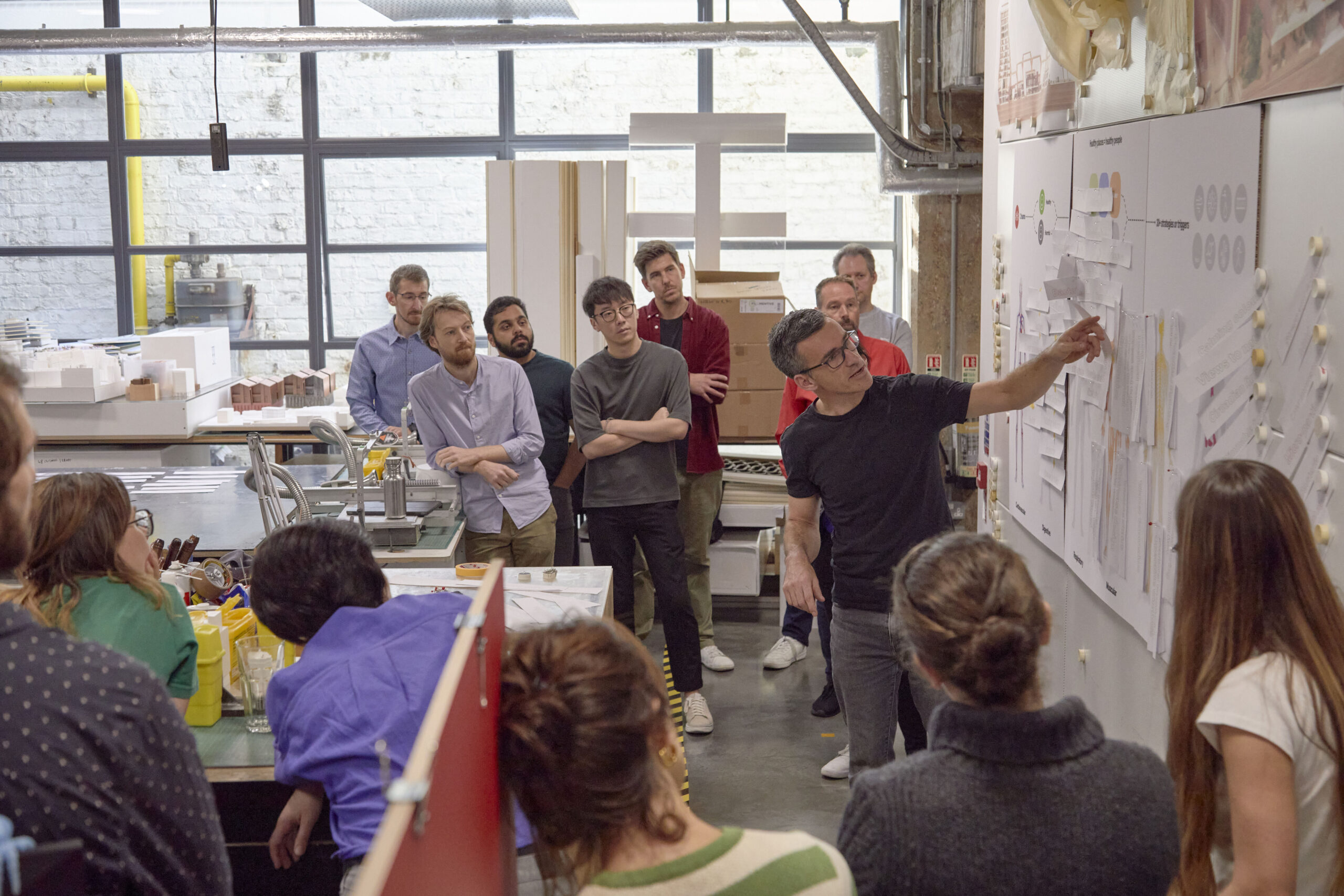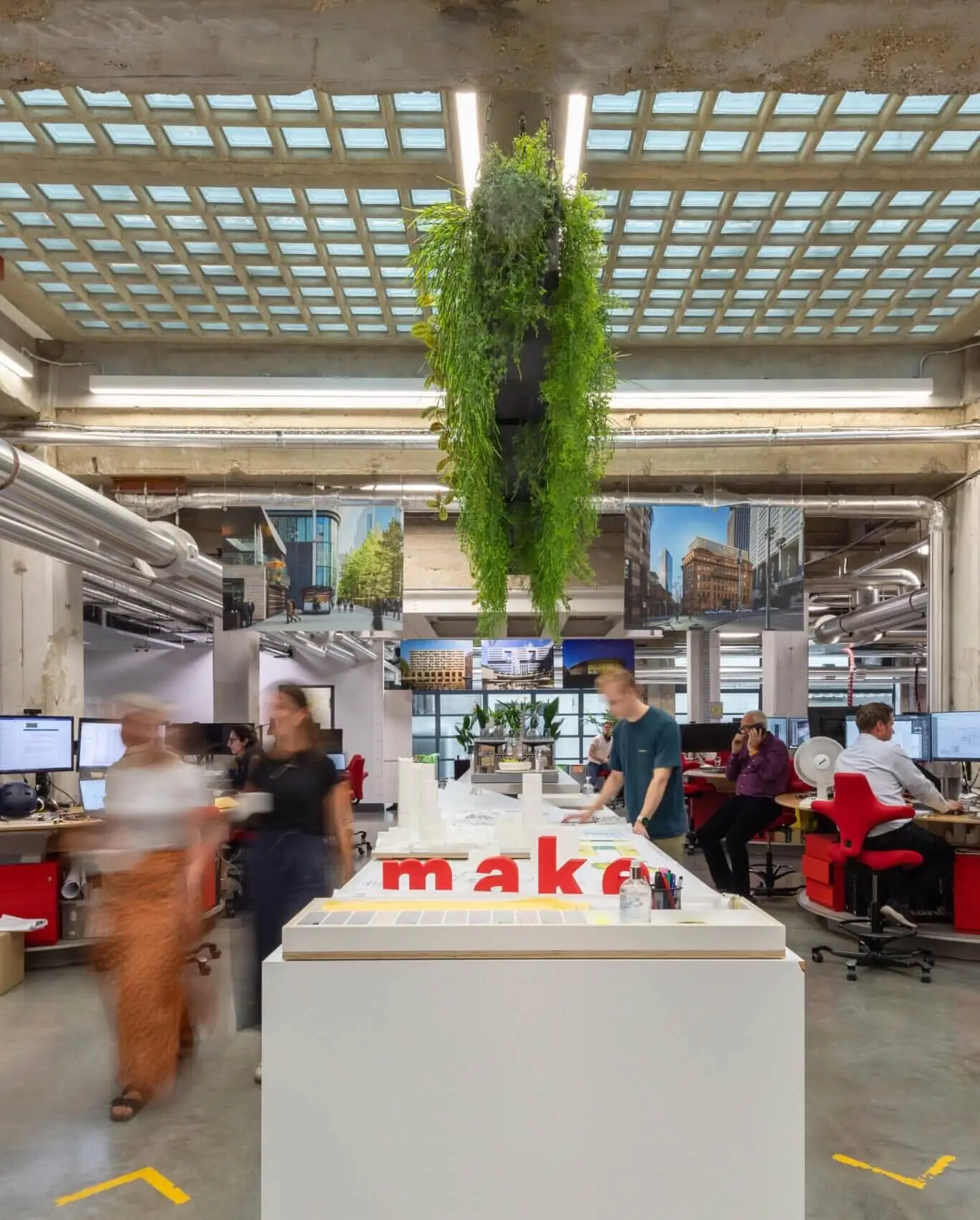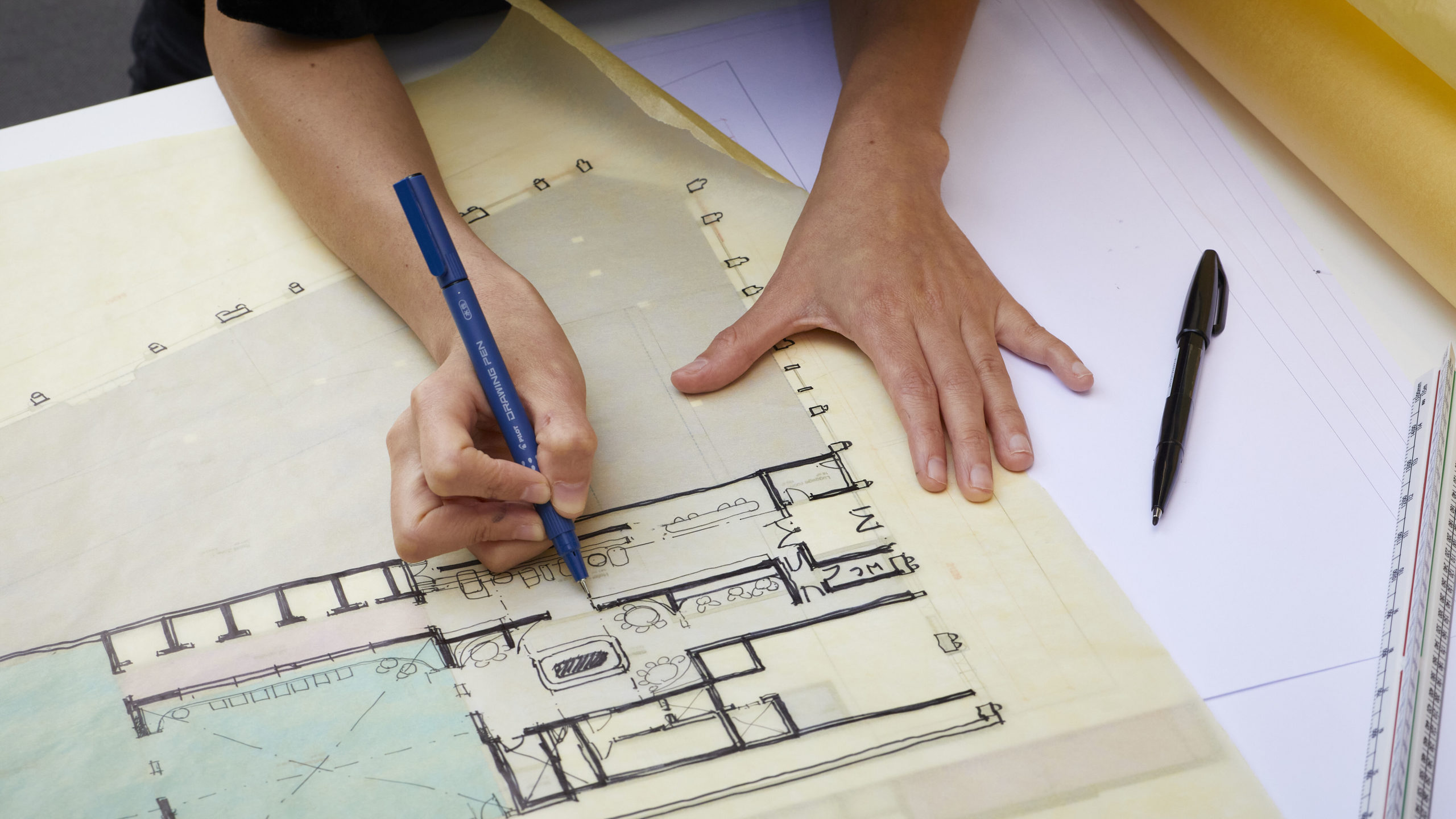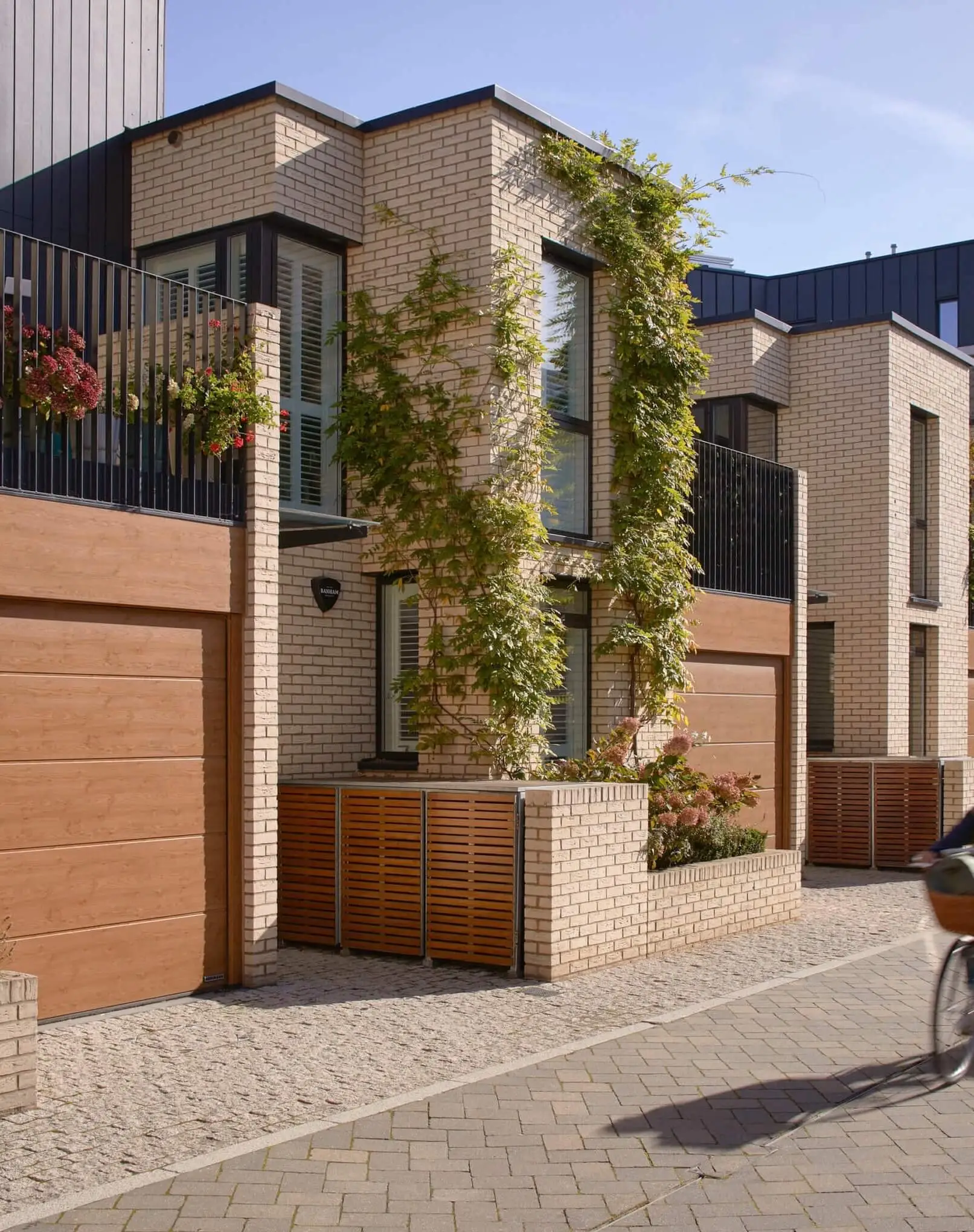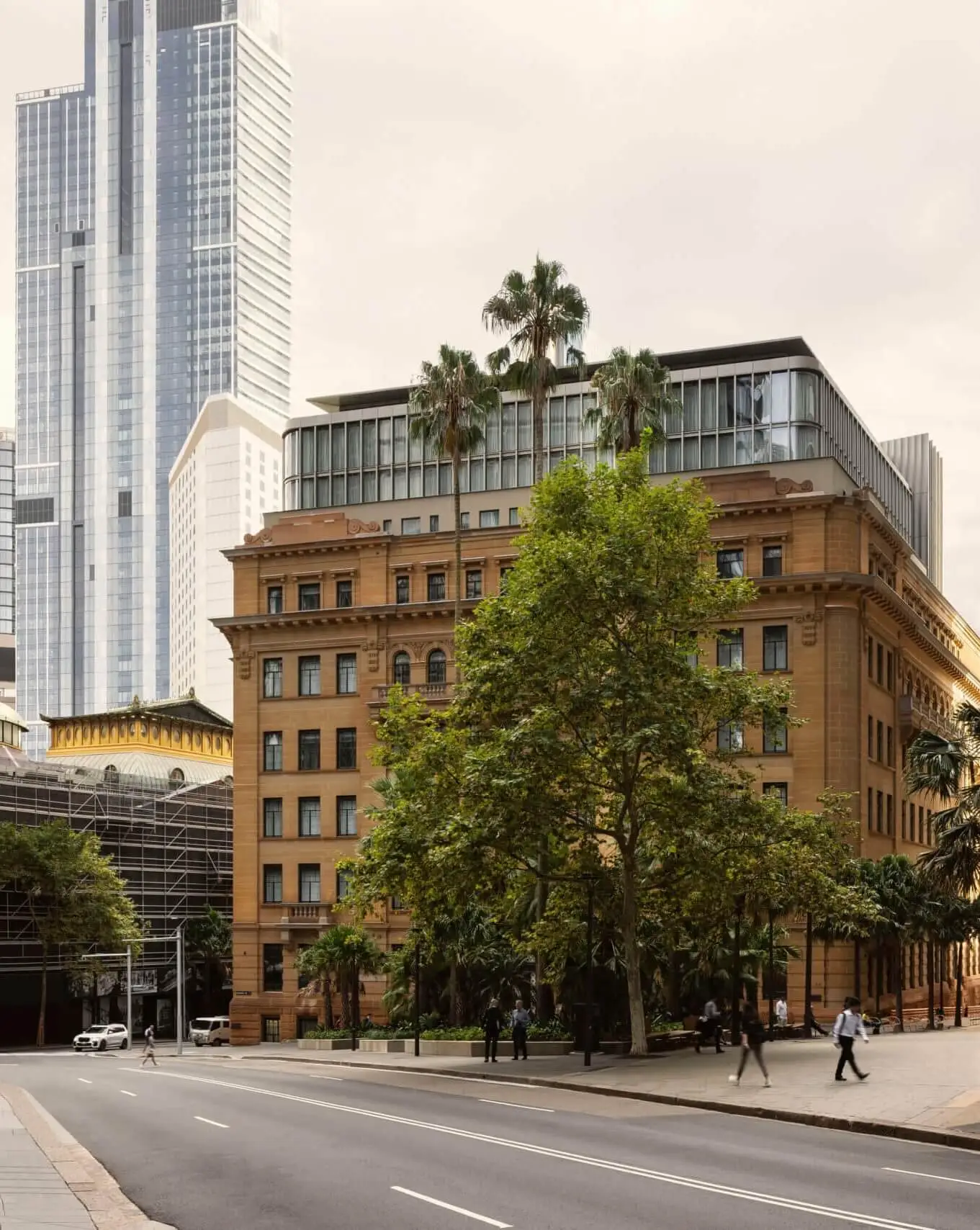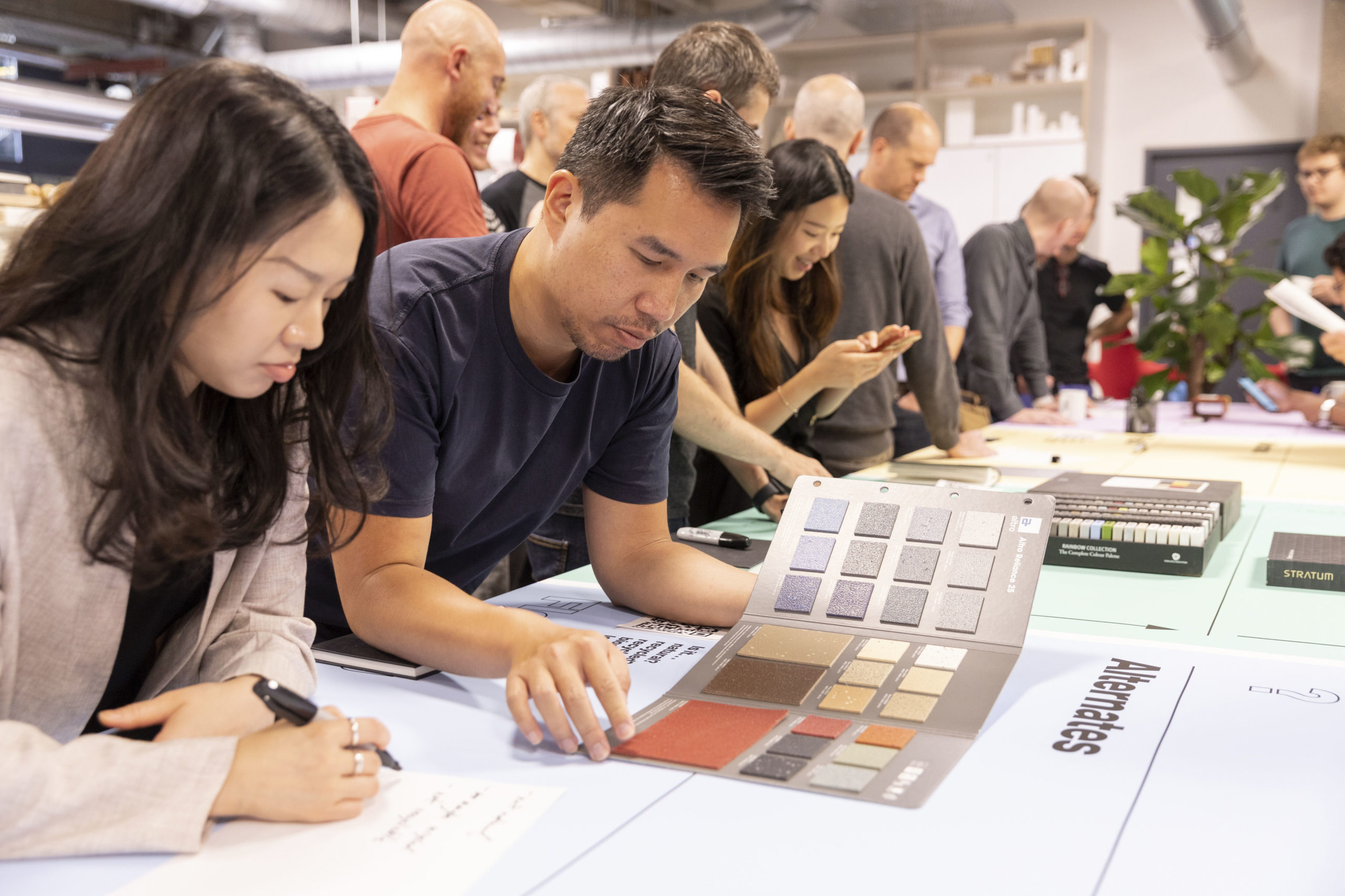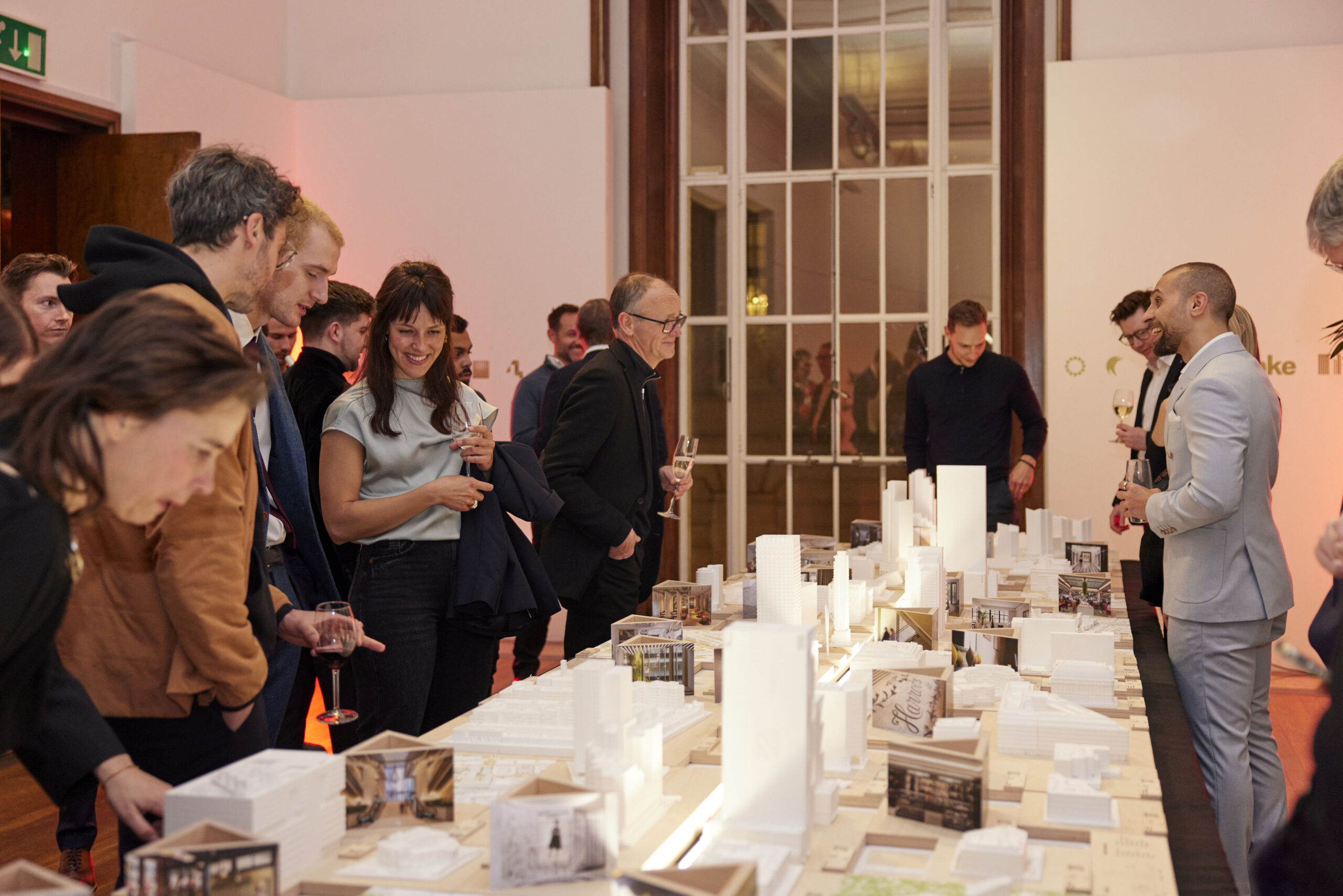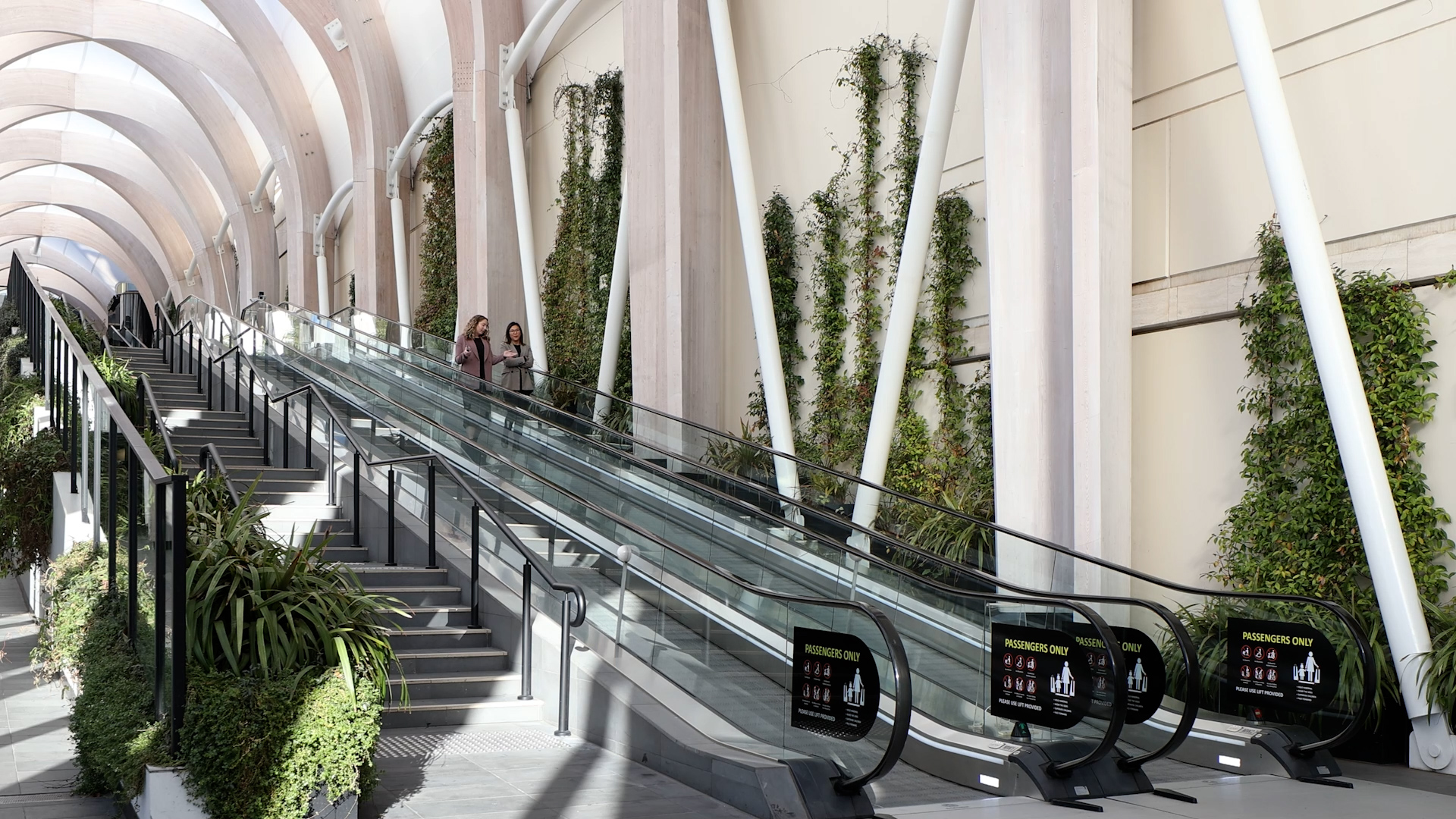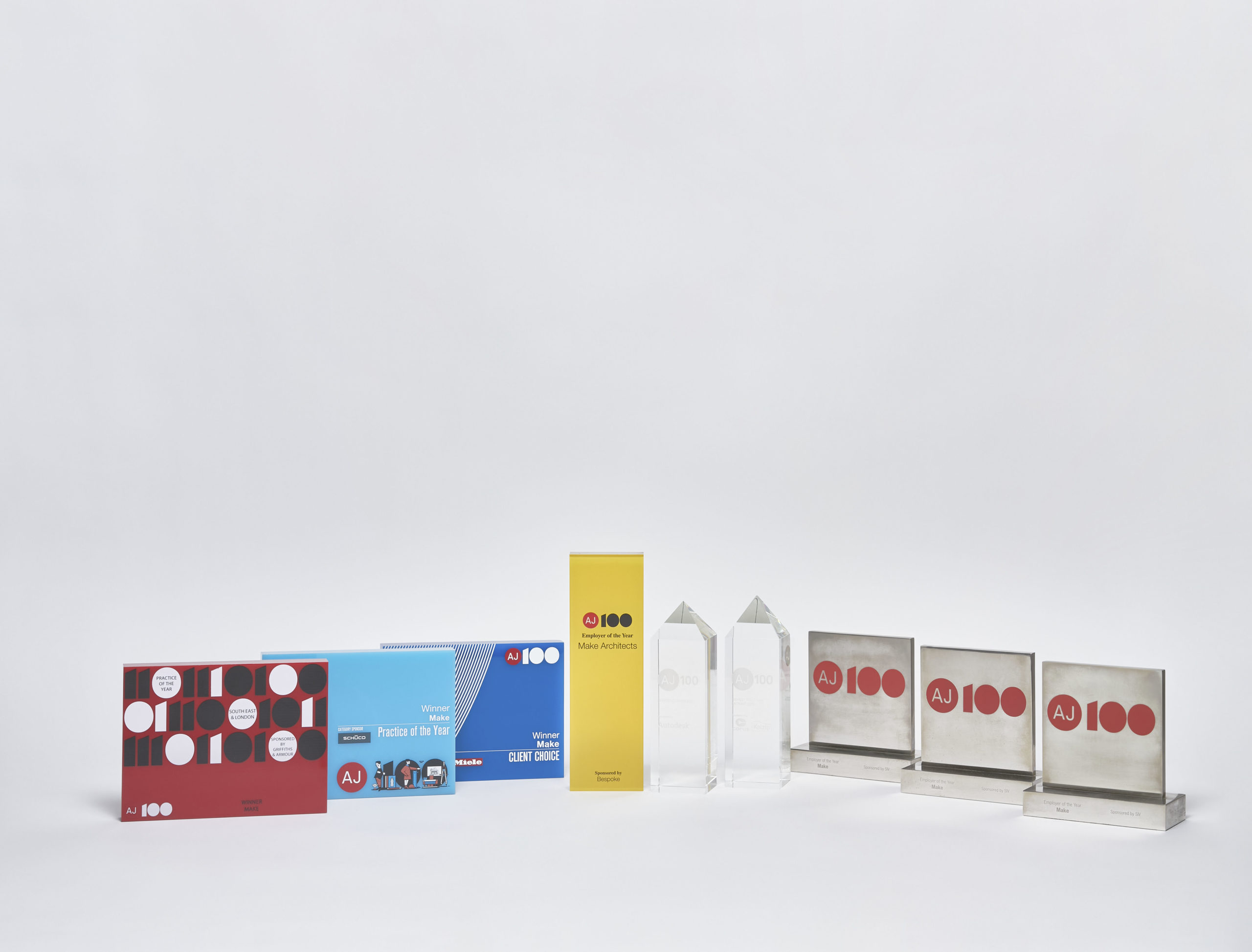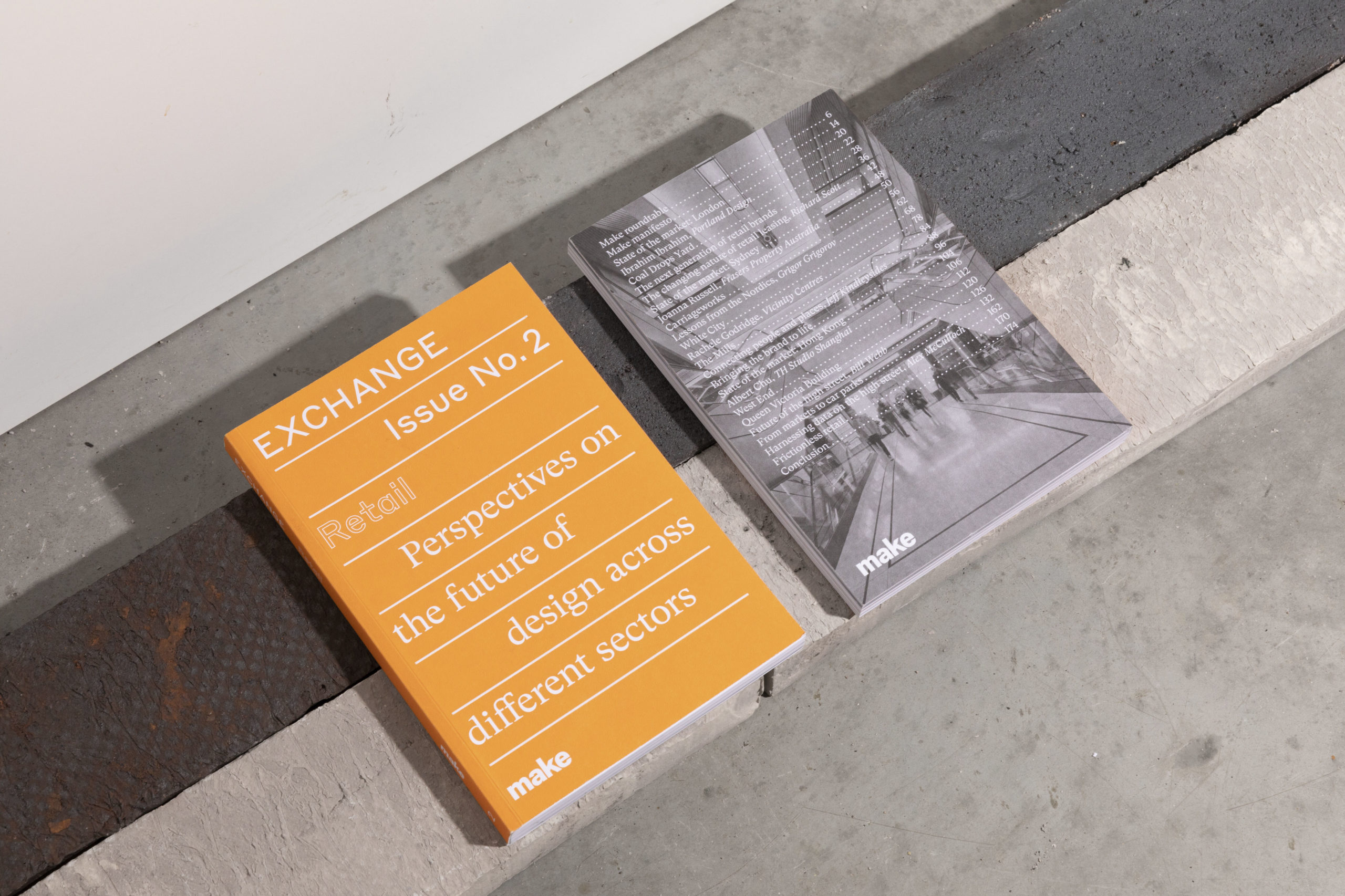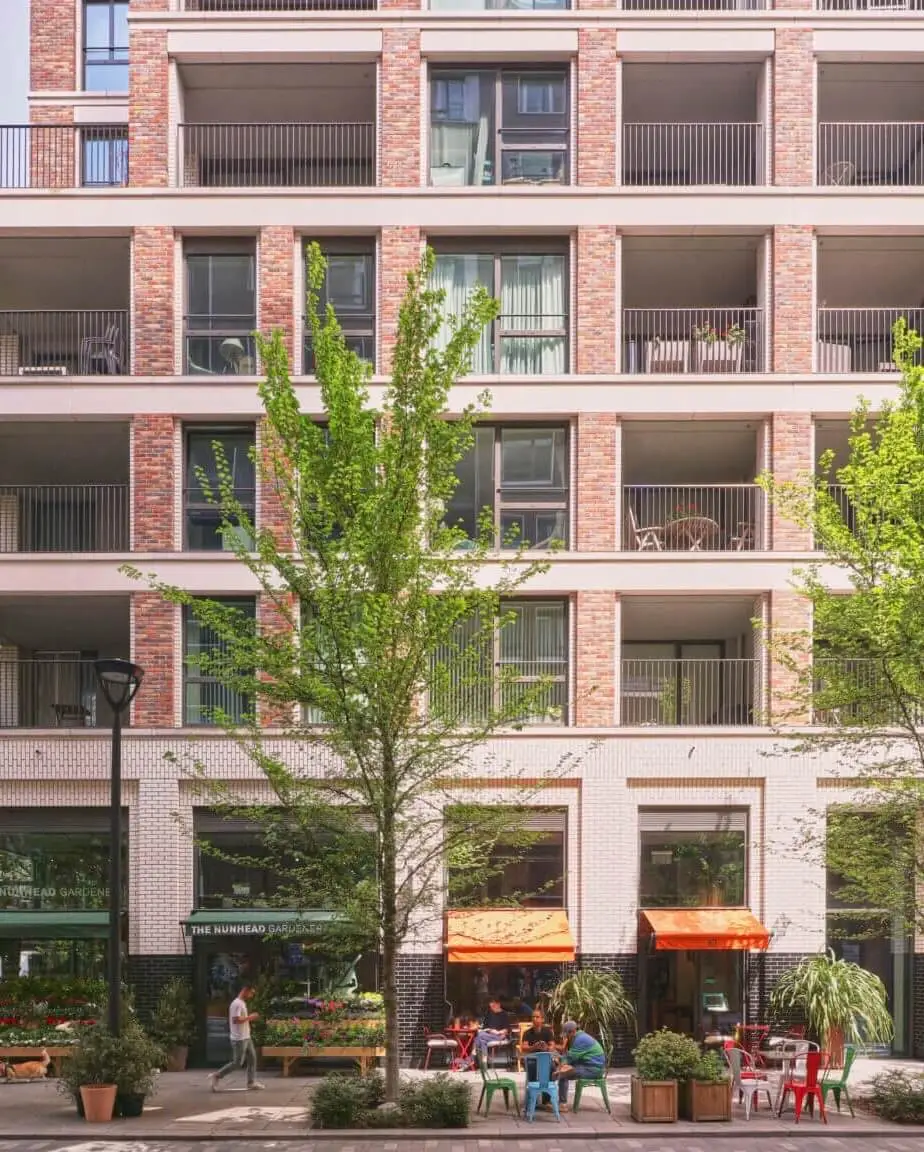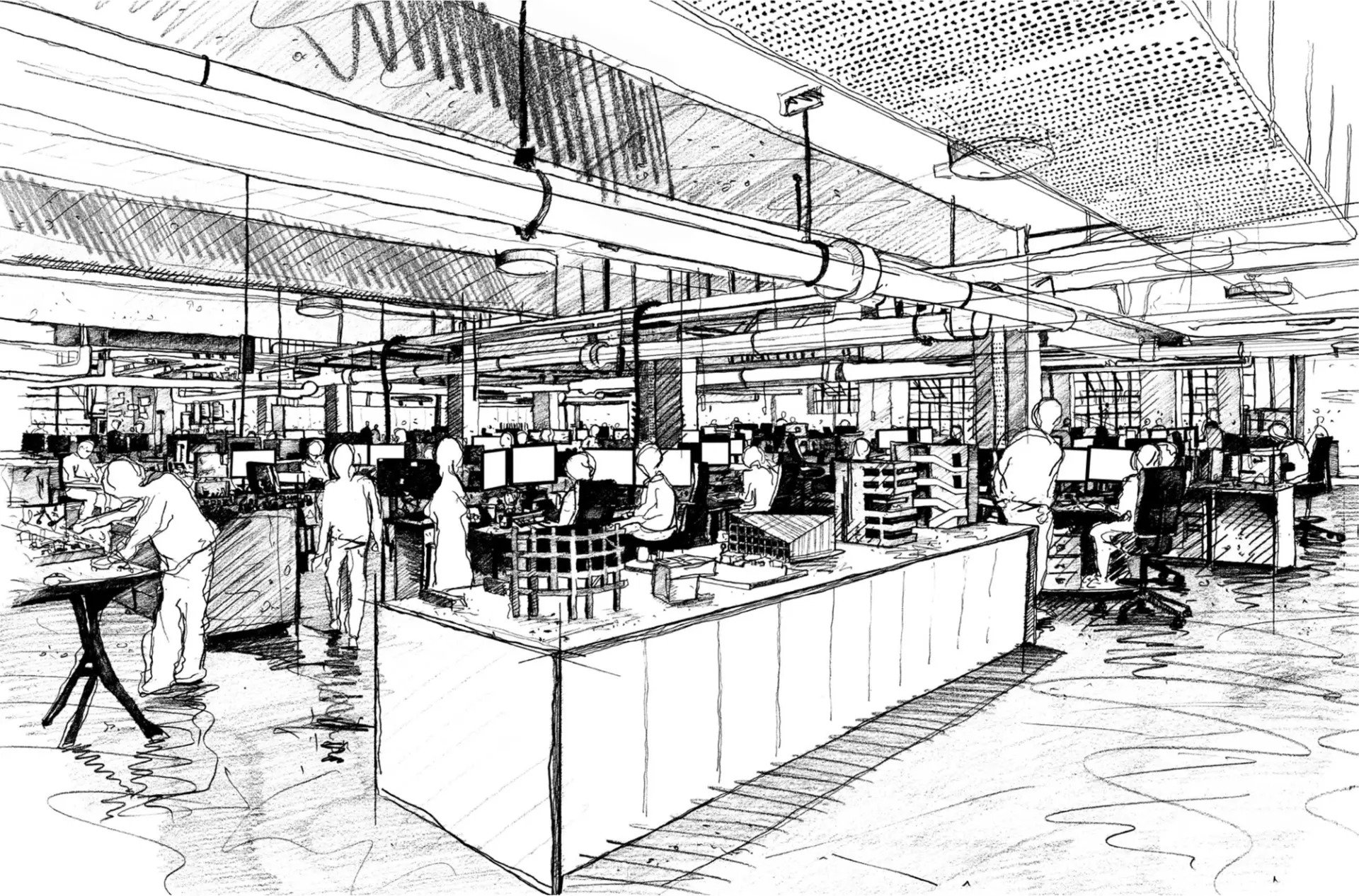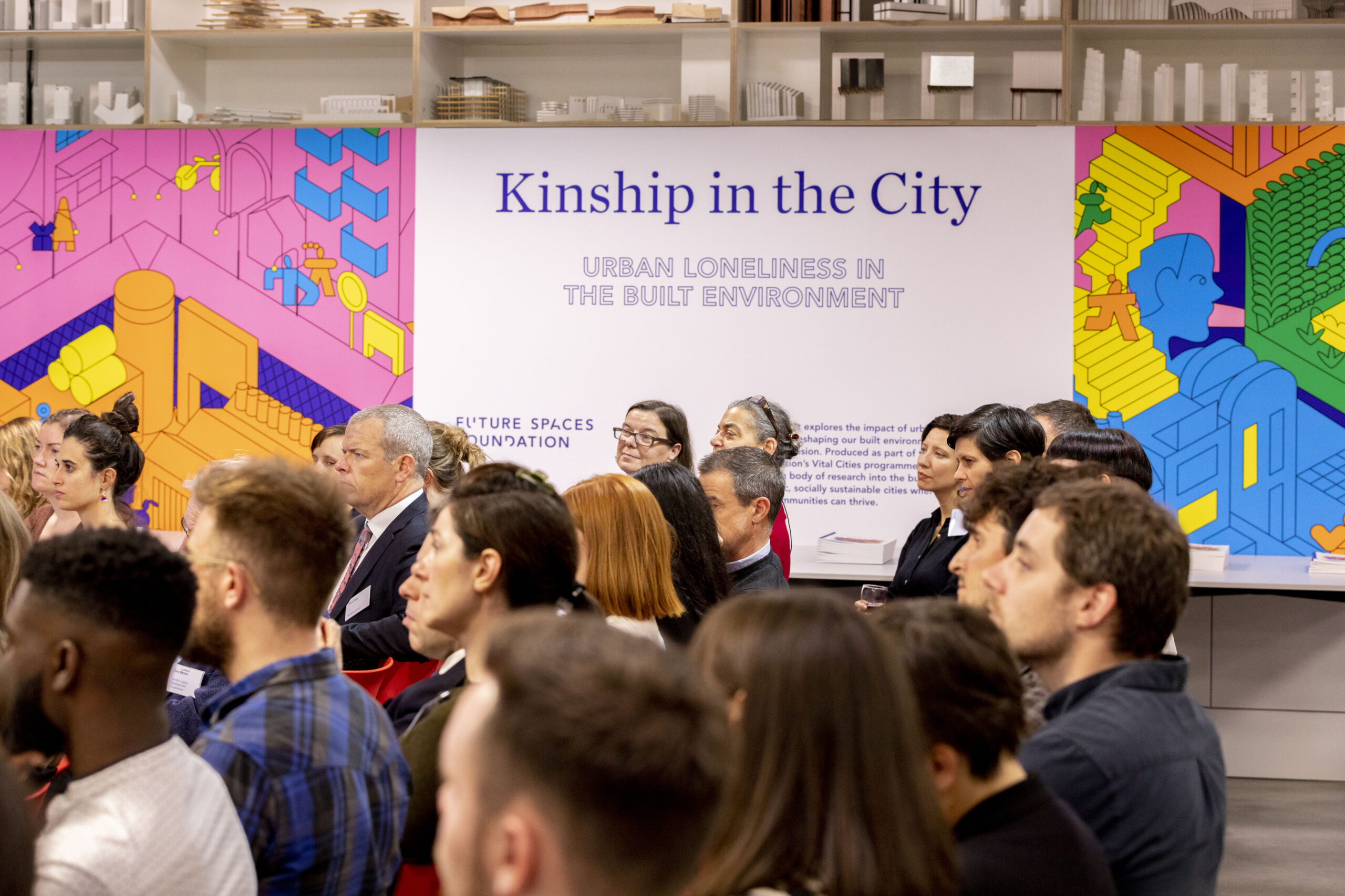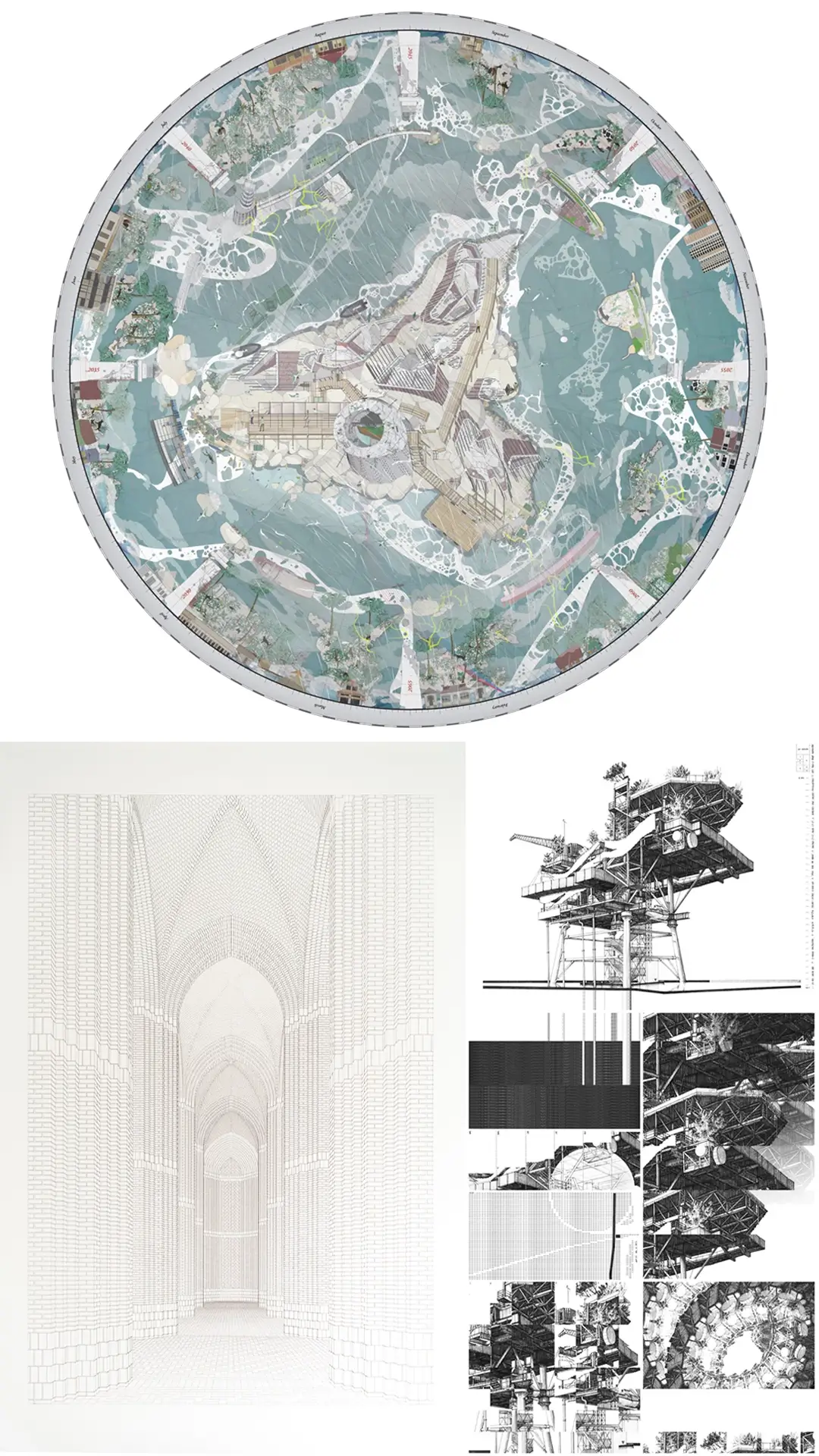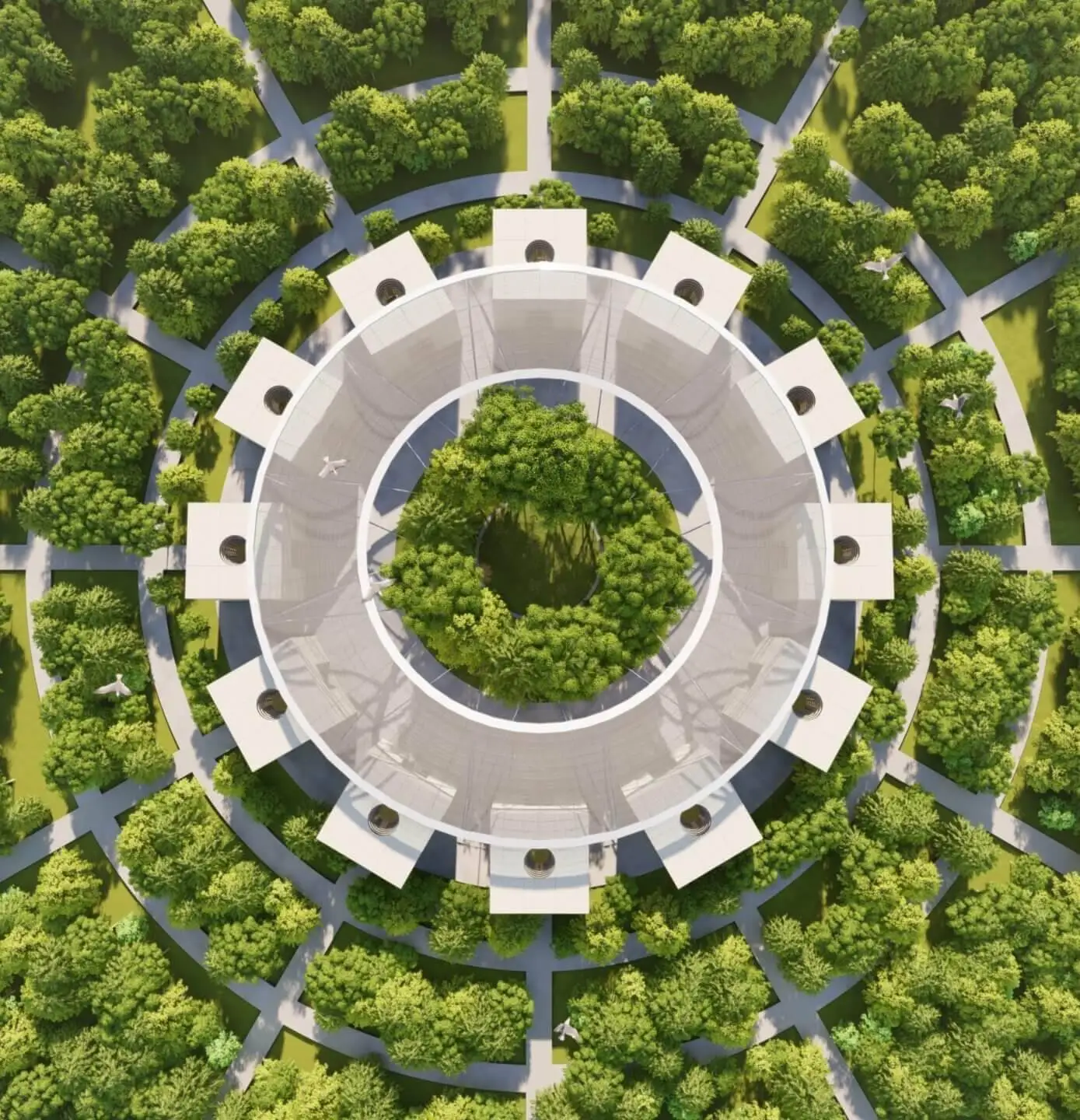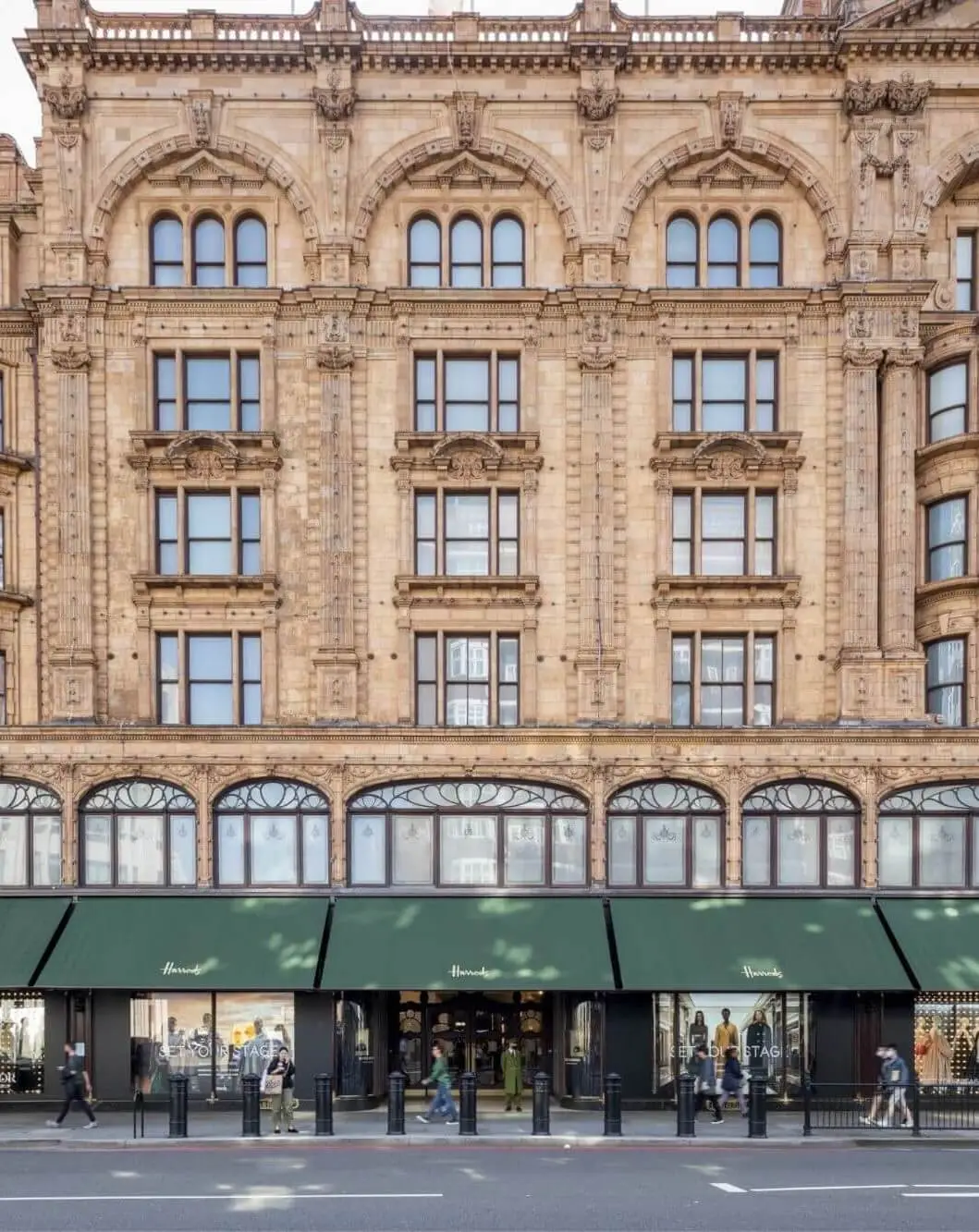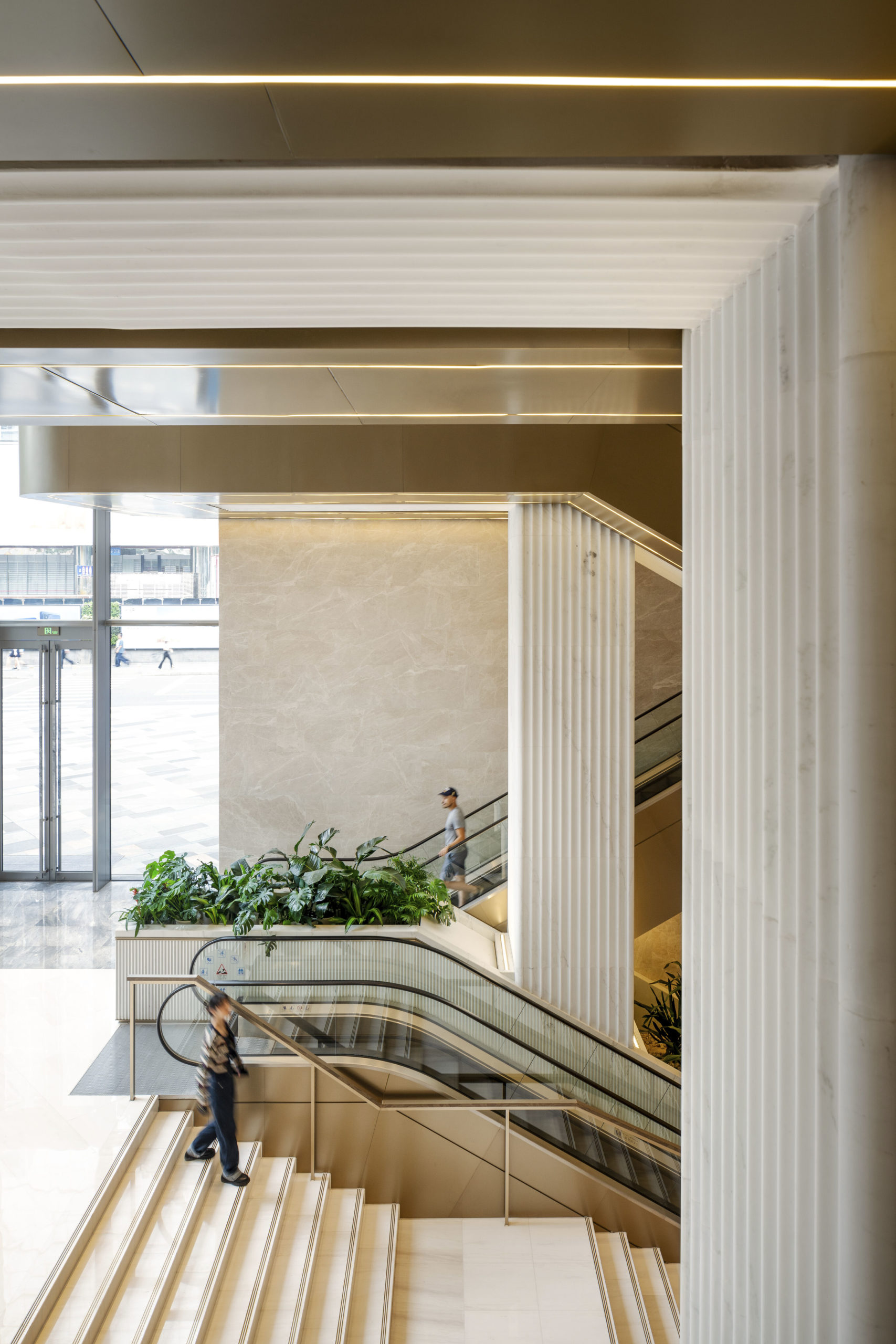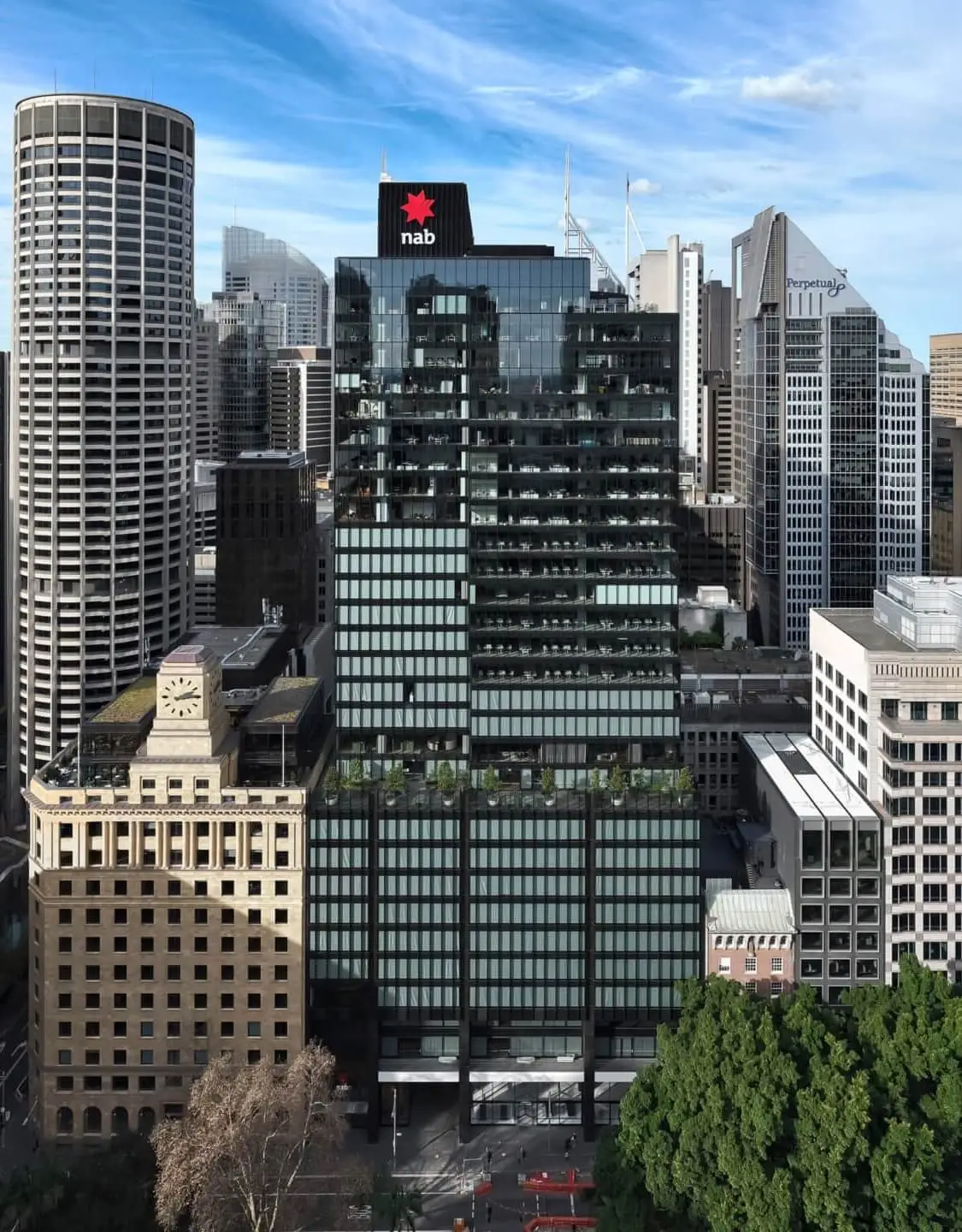World-class research requires world-class facilities. But it’s not just about equipment – collaboration is the real lifeblood of science. The most successful institutions bring together experts from different disciplines to inspire one another. Our brief for the new Oxford Molecular Pathology Institute was to encourage that mutual inspiration.
Our design puts collaboration at the centre of things, literally and figuratively. Flexible laboratory spaces surround an open-feature staircase to create a focal point where people can meet and interact. The staircase is lined with timber, a nod to the original building and to Oxford’s academic heritage. Outside, the building’s facade references the adjacent William and Mary-style Dunn School. Horizontal louvres provide solar shading to the south in a cascading pattern reminiscent of the DNA double-helix.
The research that happens here changes the world. It saves lives and pushes the frontiers of human knowledge. With collaboration now encouraged more than ever, this work can go further and faster.

The Oxford Molecular Pathology Institute provides an inspiring working environment that enables many previously disparate groups to work in flexible, collaborative groupings in state-of-the-art facilities. [It’s] a genuinely contemporary building that will stand the test of time.

The facade of the building sensitively responds to the existing William and Mary-style Dunn School. A complementary approach was adopted for the cladding, picking up on the fine detailing, colour and texture of the adjoining building to blend in with the context of the site.





